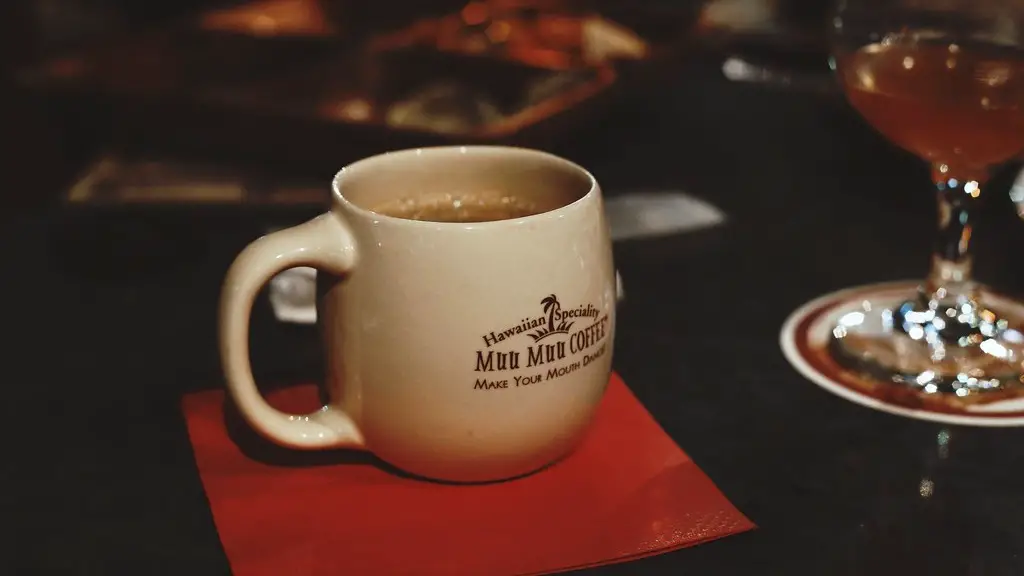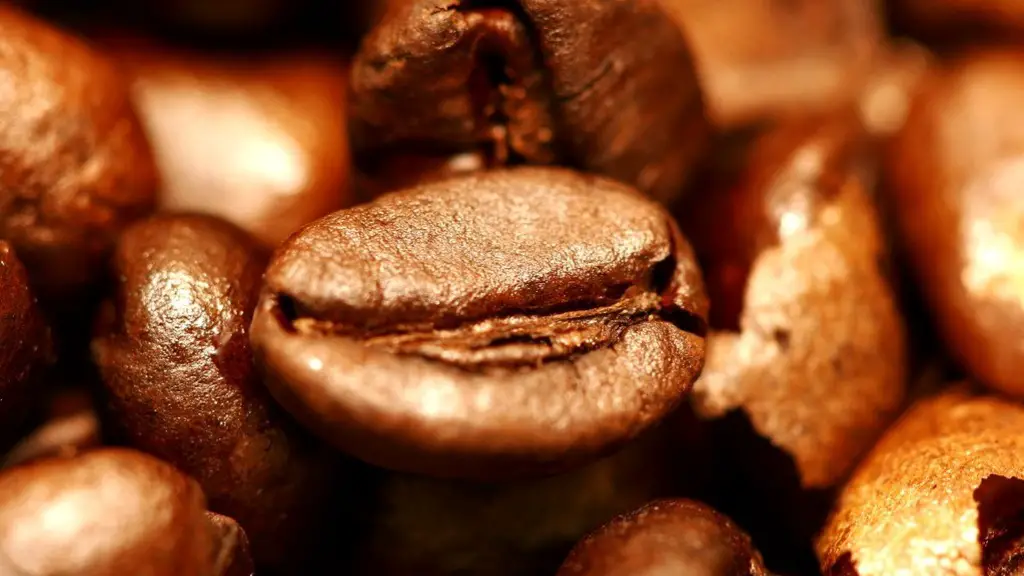Coffee and Teeth Whitening
Many people enjoy coffee as part of their morning ritual. However, many are worried about the effect coffee has on their teeth’s whiteness. Is it true that coffee can make teeth yellow? How can people keep their teeth white while still enjoying their coffee?
It is important to understand the impact coffee has had on teeth whiteness. Studies have shown that coffee can lead to tooth discoloration, ranging from slight yellowing to more noticeable brown stains. This is because of the presence of chromogens and tannins in coffee. Chromogens are organic molecules that can attach to teeth, leading to discoloration, while tannins are naturally occurring compounds that also lead to discoloration over time. Furthermore, many of us fail to take into account the acidity of coffee, which can break down the enamel and lead to discoloration.
While coffee can lead to discoloration, this doesn’t mean that you have to give up your morning coffee habit for a brighter smile. There are a few tips that one can follow to help keep their teeth white while still enjoying coffee. The first is to rinse your mouth with water after drinking coffee. This will help to remove any lingering particles that can lead to discoloration. Secondly, it is important to brush your teeth after consuming coffee so as to remove any residue that may be clinging to the teeth. Lastly, try to limit the amount of coffee that you are drinking or even switch to decaffeinated coffee as a way to reduce the staining potential of your coffee habit.
Another option for coffee lovers is to opt for teeth whitening treatments. Teeth whitening strips or in-office treatments can help to brighten the teeth and lighten existing stains. However, it is important to note that these treatments should be discussed with a dentist before use, as some treatments may have a damaging effect over time or not be suitable for certain people. Furthermore, it is important to keep in mind that teeth whitening treatments can be expensive, so this should also be something to consider when deciding whether or not to invest in such treatments.
In conclusion, while coffee can lead to yellowing and discoloration of the teeth, it doesn’t mean that one has to give up their morning coffee. Making sure to rinse and brush the teeth after drinking coffee and considering teeth whitening treatments can help to keep teeth white. Though it is important to speak to a professional before investing in any such treatments.
Teeth Whitening vs Coffee Not Both
Many people think that they need to give up their favorite morning beverage in order to have a whiter, brighter smile. However, this does not necessarily have to be the case. There are other treatments or lifestyle tips which can be adopted to help keep teeth white while still allowing you to enjoy your coffee.
Non-professional teeth whitening treatments such as whitening strips or gels are generally considered to be less effective than professional ones. This is because they do not contain the same amount of whitening agent as the ones offered by dentists. However, whitening strips or gels can work reasonably well for surface staining but are not as effective on deeper stains. In addition, they cannot make teeth any whiter than their natural shade, so if one is looking to significantly whiten their smile then they would need to speak to a dentist about professional techniques.
On the other hand, lifestyle tips can be adopted to help keep teeth white without needing to invest in treatments or stop drinking coffee. Perhaps the most important lifestyle tip is to ensure that one is brushing their teeth correctly with a fluoride toothpaste and using interdental brushes or floss to clean between the teeth once a day.T his will help to remove plaque and bacteria, which can lead to discoloration. In addition, one should also limit their intake of food and drinks that have been linked to staining such as tea, red wine and soft drinks.
In terms of foods and drinks, it is important to note that coffee should not be consumed in large quantities as this can further increase the chances of discoloration. That being said, making sure to rinse and brush the teeth straight after consuming coffee can help to reduce the amount of staining that takes place. Additionally, it is best to avoid adding things to coffee such as cream or sugar as these can further increase the chances of staining taking place.
Ultimately, there is no need to give up your beloved coffee to get a brighter smile. With careful lifestyle habits and professional treatments if necessary, one can enjoy their coffee while still keeping their teeth white.
Laser Teeth Whitening Treatment
Professional teeth whitening treatments can be a great way to get a brighter, whiter smile. One of the most popular treatments is laser teeth whitening, which can take as little as 30 minutes and can provide immediate results. The procedure involves applying a bleaching gel to the teeth and then a laser is used to activate the gel which helps to accelerate the whitening process.
The advantage of laser teeth whitening is that it is less time-consuming than other professional whitening treatments, such as veneers or bonding. In addition, this treatment is usually less painful than the others, so many people opt for this option. It is also important to note that this treatment does not require the user to stop drinking coffee or other staining beverages. However, it is important to remember to practice good oral hygiene habits and follow up the treatment with regular whitening maintenance.
The cost of laser teeth whitening can vary depending on the individual and the specific treatment they are having done. Generally, the cost can range from $200 – $1000. It is important to note that this cost is not covered by insurance, so it is something one should keep in mind when deciding whether or not to opt for laser teeth whitening treatment.
It is important to speak to a dentist before deciding on any professional teeth whitening treatment. This is because the dentist will be able to assess the individual and determine the most suitable treatment for them. In addition, the dentist can advise on any lifestyle changes that may need to be made in order to maintain the effects of the treatment.
In conclusion, laser teeth whitening can be a great option for those who are looking for a quick and immediate solution to discolored teeth. That being said, one should still practice good oral hygiene habits and make sure to speak to a dentist before deciding which treatment is right for them.
DIY Teeth Whitening
For those who are not looking to invest in teeth whitening treatments, there are some DIY alternatives that one can try. One such option is to use baking soda, which is known for its whitening properties. The baking soda can be used as an abrasive, combined with water and toothpaste or mixed with water and hydrogen peroxide.
Alongside baking soda, activated charcoal has been known to be effective in whitening teeth. Activated charcoal is charcoal that has been treated with oxygen and is a natural whitener. It can be rubbed on the teeth for a few minutes and then rinsed off with water. This can be done once or twice a week.
Another option is to make a paste using baking soda and water. This can then be applied to the teeth and left for up to two minutes before being rinsed off. This can help to remove stains and discoloration while still being gentle on the teeth.
It is important to note that any of these DIY remedies should be used in moderation as they can be quite abrasive and can damage tooth enamel over time. In addition, none of them will produce the same results as professional treatments. That being said, if one is looking for an inexpensive and natural way to whiten their teeth then these options may be worth exploring.
Finally, it is important to keep in mind that any of these DIY remedies or treatments should be discussed with a dentist or healthcare provider before use. This is to make sure that the treatments are suitable for that individual, in particular.
Whitening Toothpaste
Another option for those looking to whiten their teeth without needing to invest in professional treatments is to use whitening toothpaste. Whitening toothpastes contain mild abrasives and chemicals such as peroxide that can help to lift stains from the surface of the teeth.
It is important to note that whitening toothpastes will not produce the same results as professional treatments and should not be used as a replacement. That being said, using a whitening toothpaste can be a good way to help maintain your smile if used in conjunction with other lifestyle tips, such as brushing regularly and avoiding staining foods and drinks.
In terms of which type of toothpaste to use, it is best to opt for a toothpaste with the American Dental Association seal of approval. This is because this means the toothpaste has been tested and proven to be effective at helping to lift stains and discoloration from the teeth.
It is also important to note that the effects of whitening toothpaste will be different for everyone, depending on the amount of existing staining. Some may see results quickly, while others may take a few months to notice a difference. Therefore, one should not become discouraged if they don’t see immediate results and should instead remain consistent in their routine.
In conclusion, whitening toothpaste can be a good option for those who are looking for an inexpensive way to help whiten their teeth. However, one should keep in mind that it won’t produce the same results as professional treatments, so it is important to consider other options as well.





